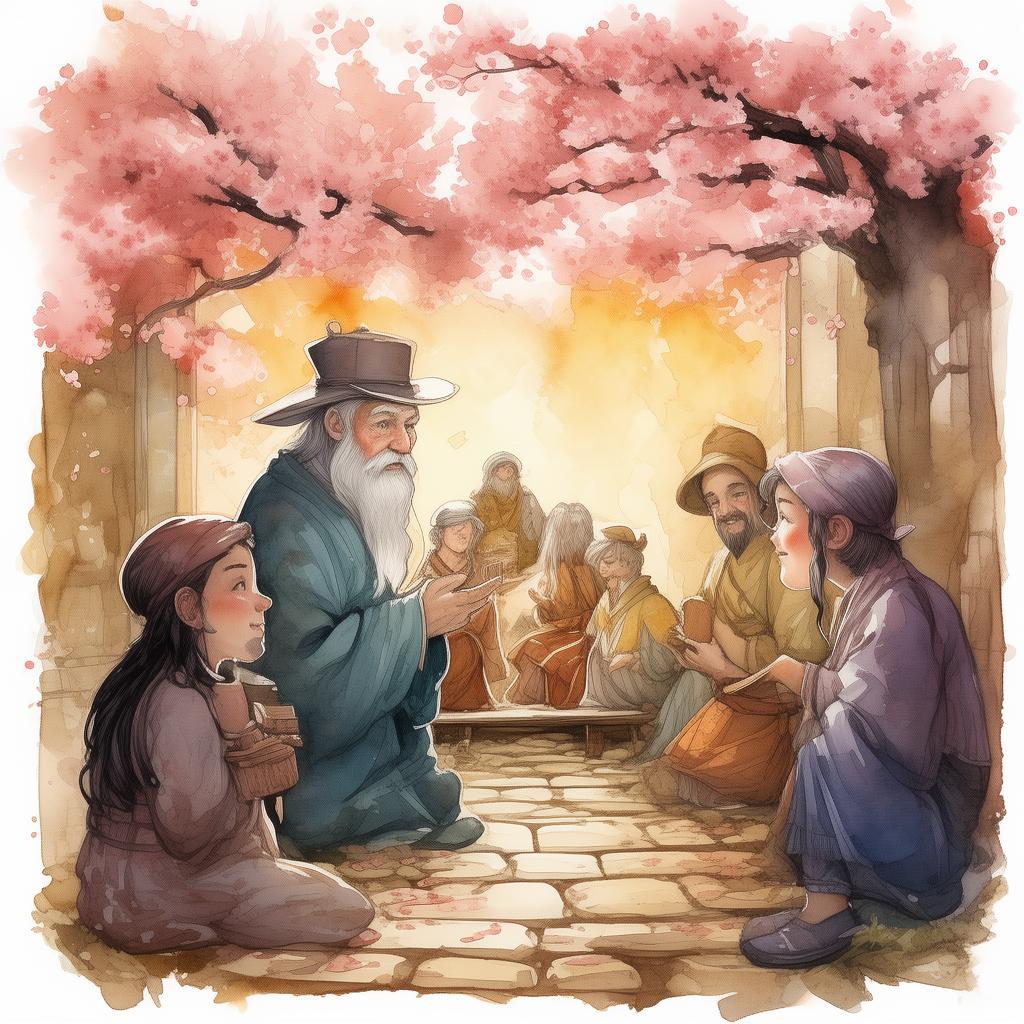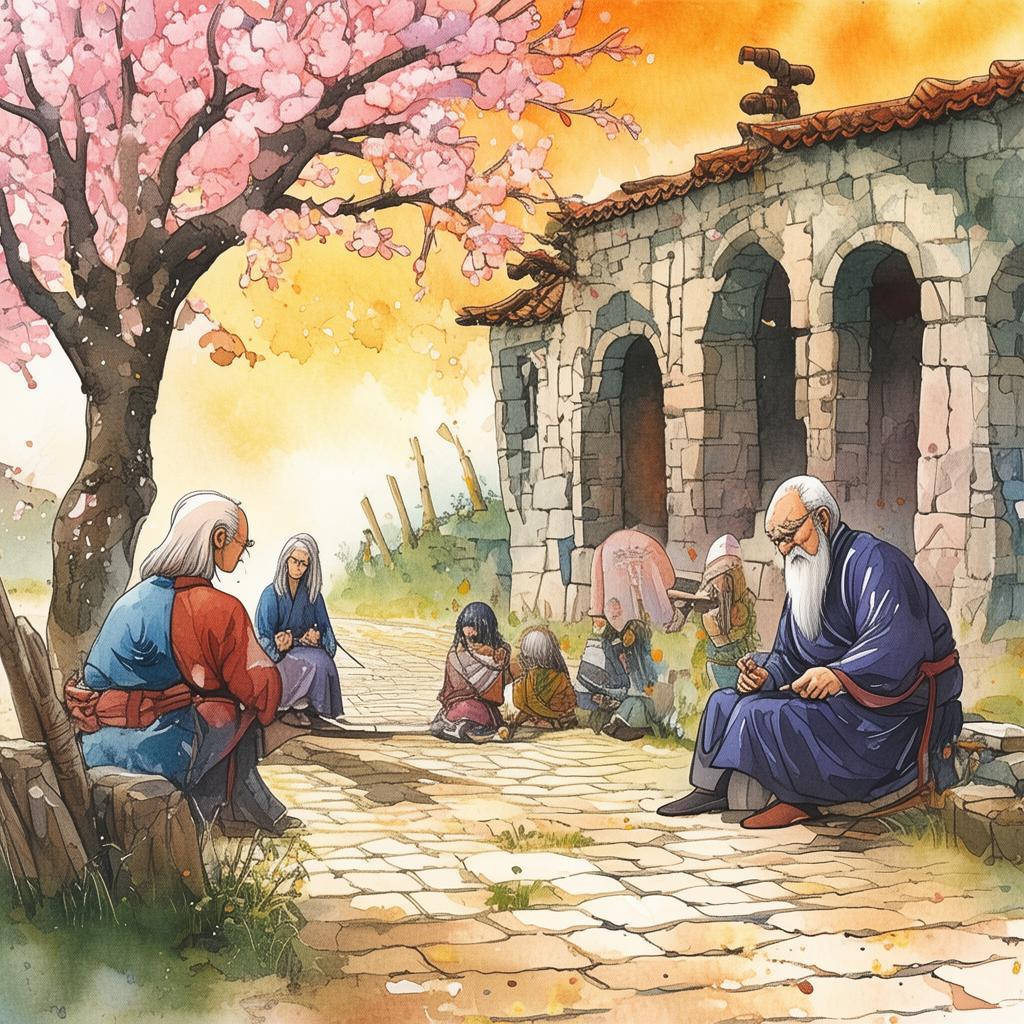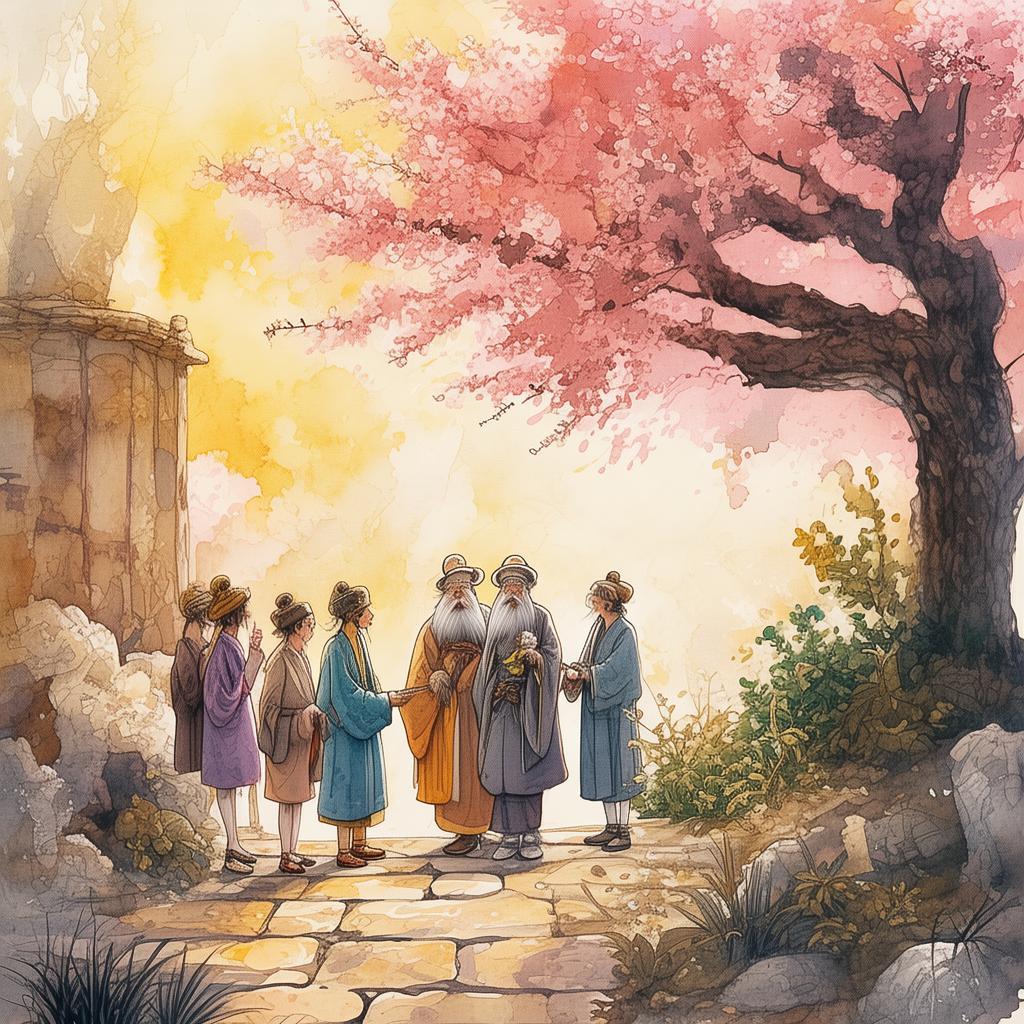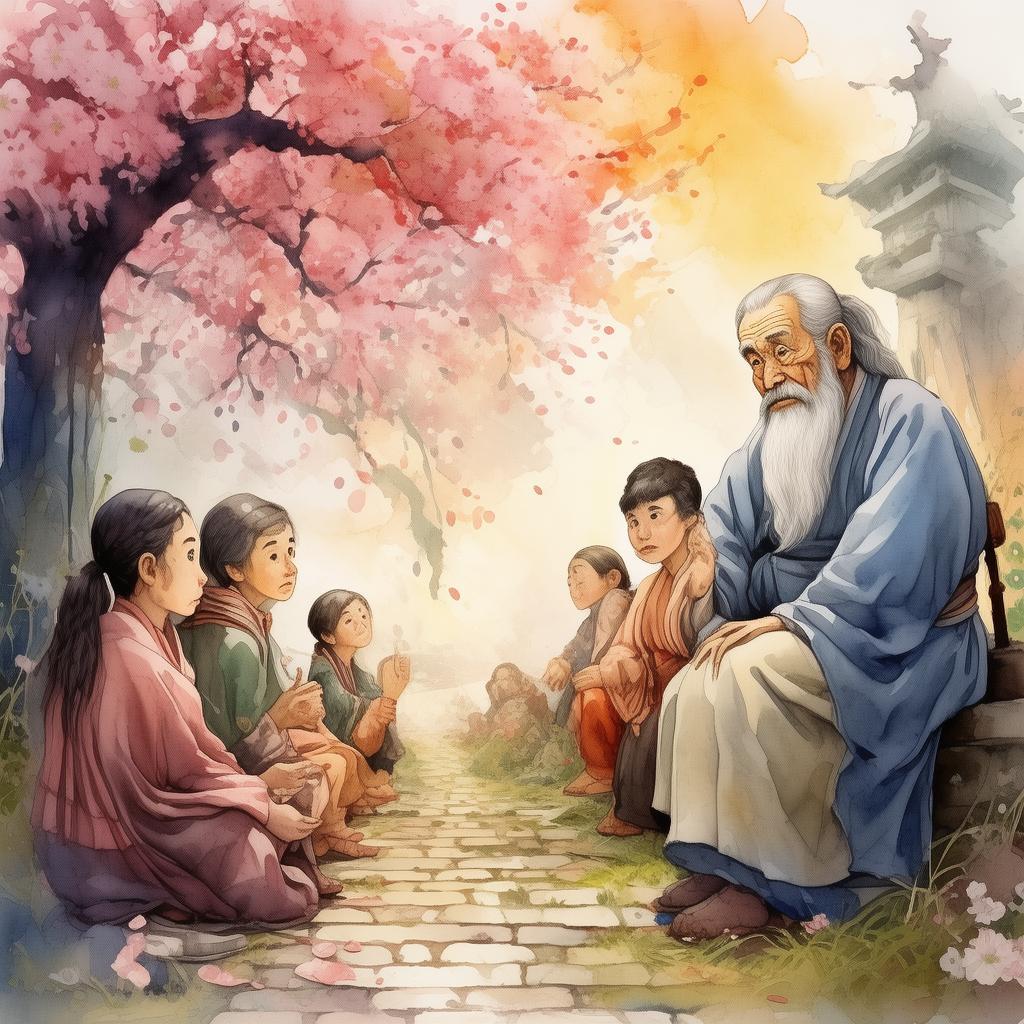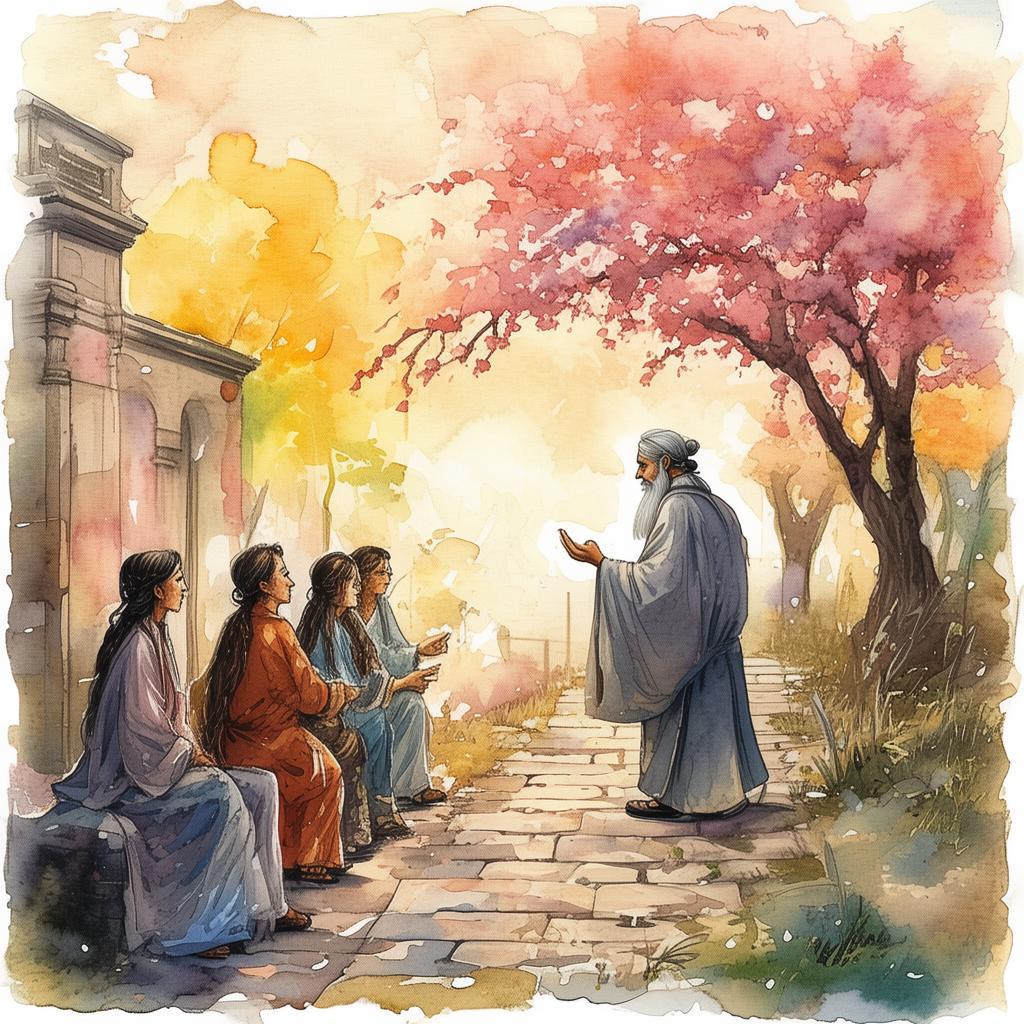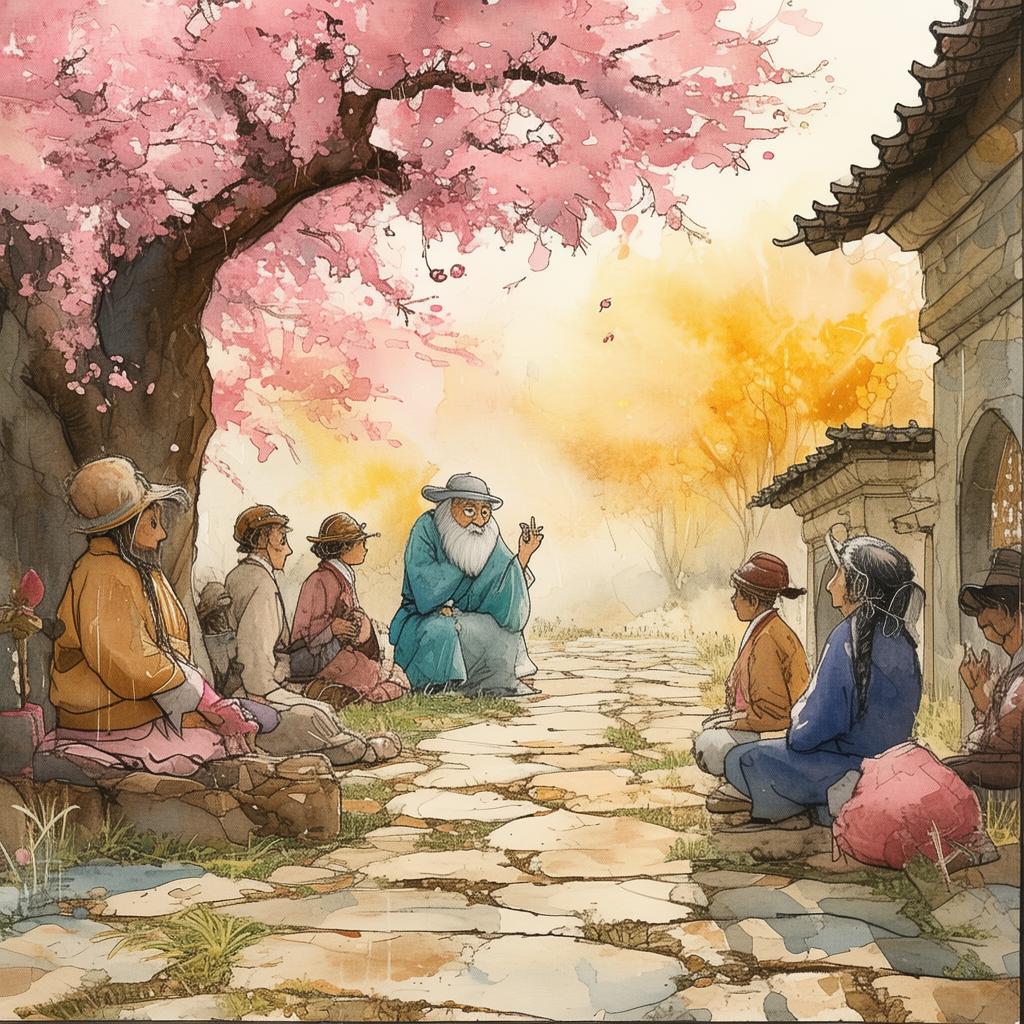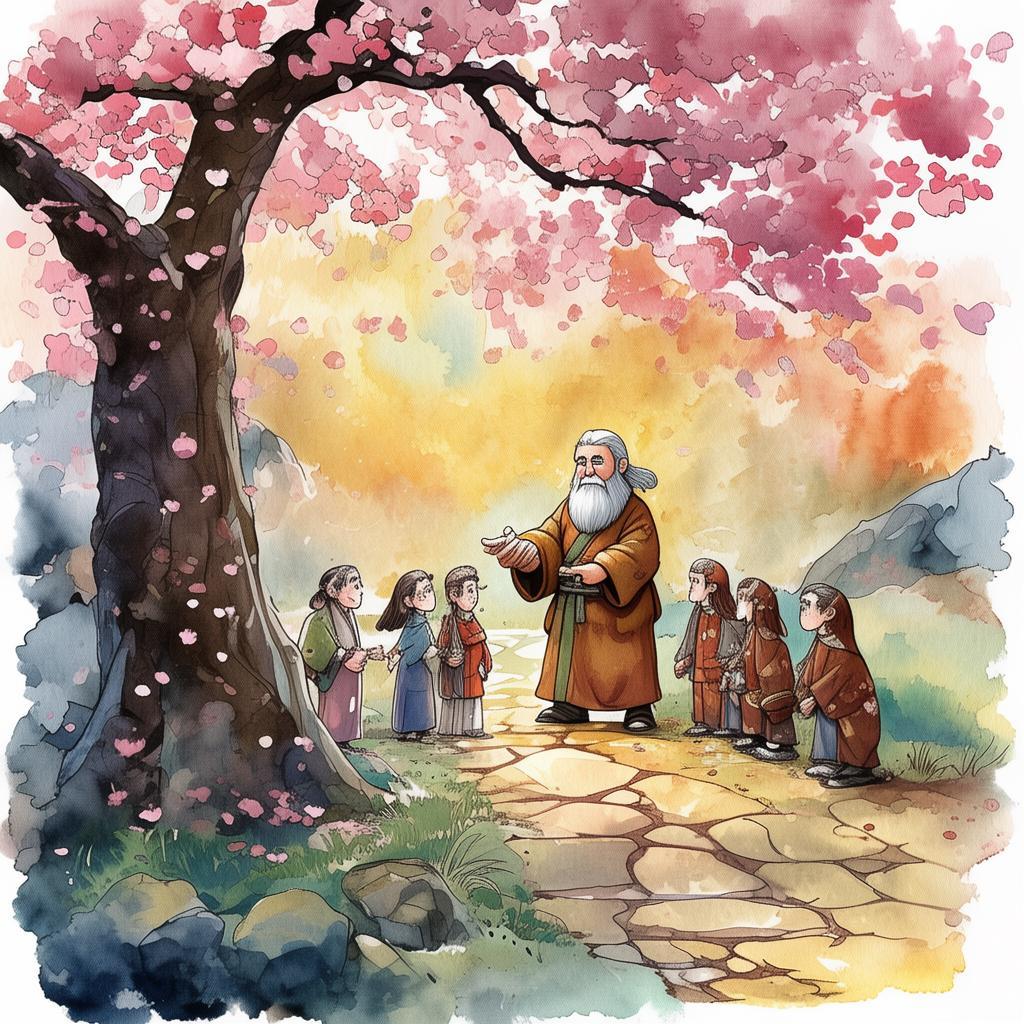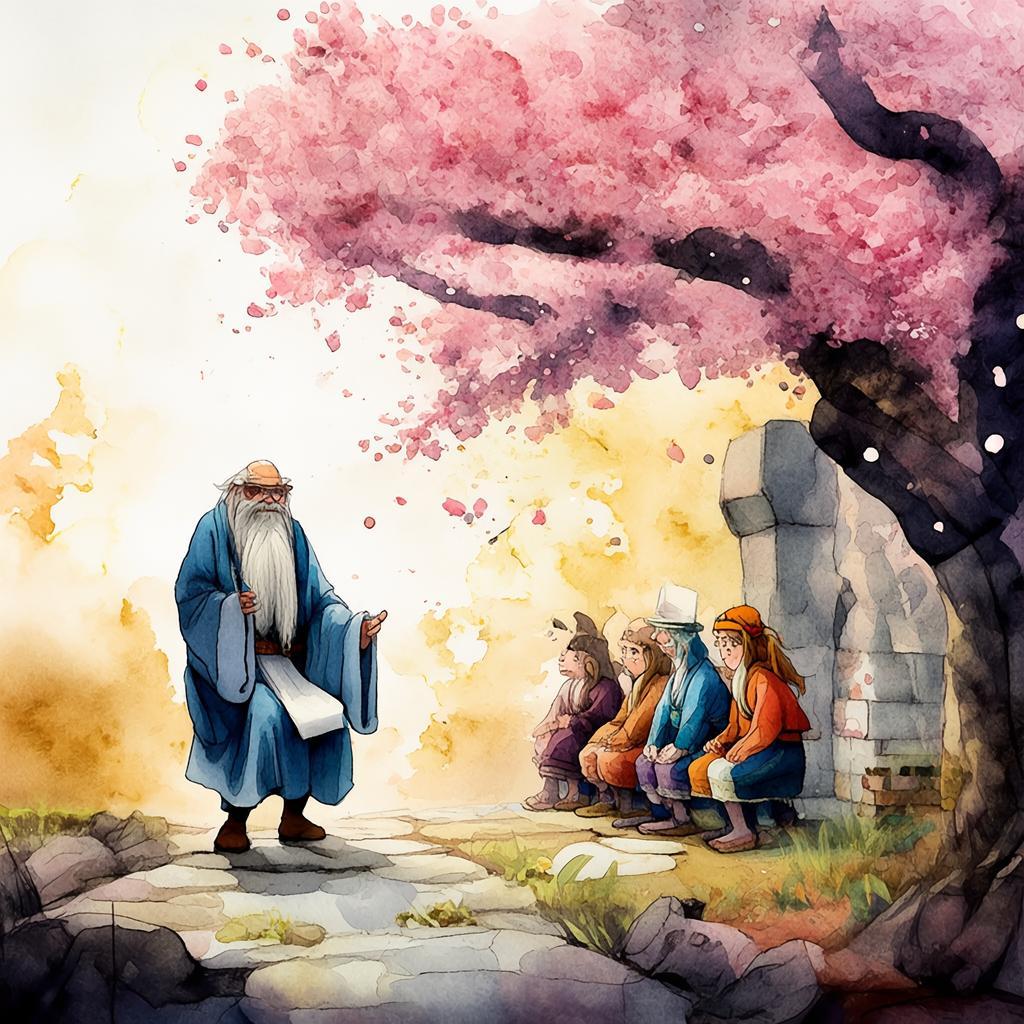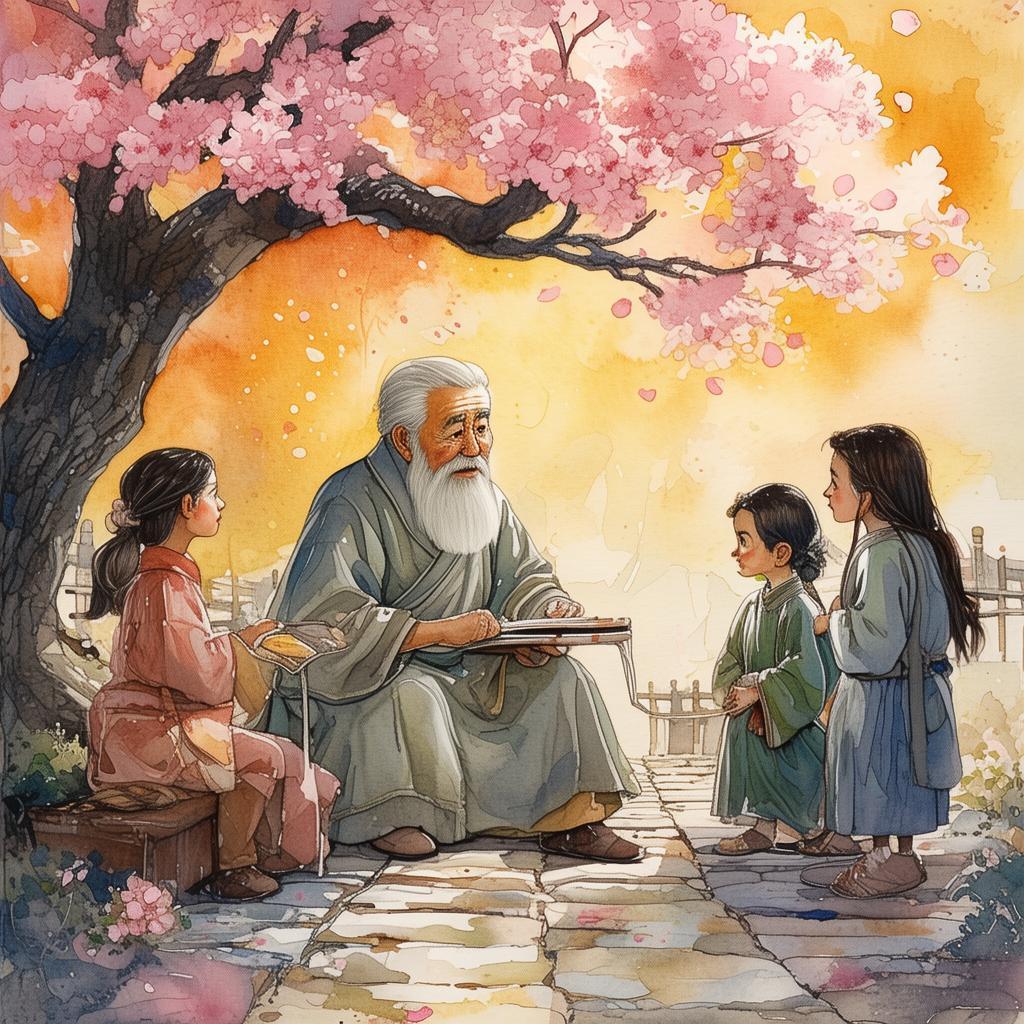The Jade Dish Mystery: The Culinary Conundrum of the Emperor
In the heart of the ancient imperial palace, where the aroma of exotic spices mingled with the whispers of courtly intrigue, there was a tale that would be etched in the annals of culinary history. The story began with a most precious of objects: a jade dish, its surface etched with intricate designs and said to be the key to the greatest culinary secrets of the empire. It was a symbol of power and a source of envy among the courtiers.
The emperor, a connoisseur of food, was known for his discerning palate and insatiable curiosity for new recipes. He had decreed that the dish be used only for his private feasts, a testament to its value and the trust he placed in his chefs. The dish had been in the possession of the imperial household for generations, and its legacy was steeped in tales of culinary mastery.
One day, the dish vanished without a trace. The emperor was distraught, for not only was the dish invaluable, but it was also a symbol of his reign. The court was in an uproar, and the blame fell swiftly upon the chef of the royal kitchen, Li Chun. The dish was last seen in his hands, and there were rumors that he had been seeking to elevate his position through the secrets it contained.
Li Chun, a man of modest beginnings but immense talent, was accused of treachery. He was brought before the emperor, his fate hanging in the balance. The emperor, however, was not one to rush to judgment. He knew the importance of the dish and its role in the dynasty, so he decided to stage a culinary contest to find the culprit and retrieve the dish.
The contest was set in the imperial gardens, a grand hall adorned with tapestries and a canopy of hanging lanterns. The courtiers gathered, their eyes wide with excitement as they anticipated the display of culinary prowess. Li Chun and four other chefs, each with a reputation of their own, were given the same ingredients: the most prized meats, the freshest vegetables, and the rarest herbs.
As the contest commenced, the air was thick with anticipation. The chefs began their preparations, each one working with meticulous care and a touch of their own secret methods. Li Chun, with his head down, seemed more focused than ever. His assistants whispered amongst themselves, their eyes darting between him and the other chefs.
The dish was to be a soup, the most challenging of culinary arts. It required a delicate balance of flavors and an understanding of the subtleties of taste. The first dish was presented, and the emperor's face showed no sign of satisfaction. The other chefs followed suit, their efforts falling short of the emperor's expectations.
Then, it was Li Chun's turn. The hall fell silent as he approached the dais, his assistant holding the jade bowl, which was adorned with the missing dish's emblem. Li Chun took a deep breath and began to pour the stock, his movements fluid and practiced. He added herbs and spices, each one carefully chosen for its properties. The air was filled with the scent of exotic spices and the hint of something more.
As he finished, the emperor's eyes widened in surprise. The dish was perfect, a symphony of flavors that danced on the tongue. It was clear that the missing jade dish was not the secret ingredient, but the dish itself was the key to the soup's perfection.
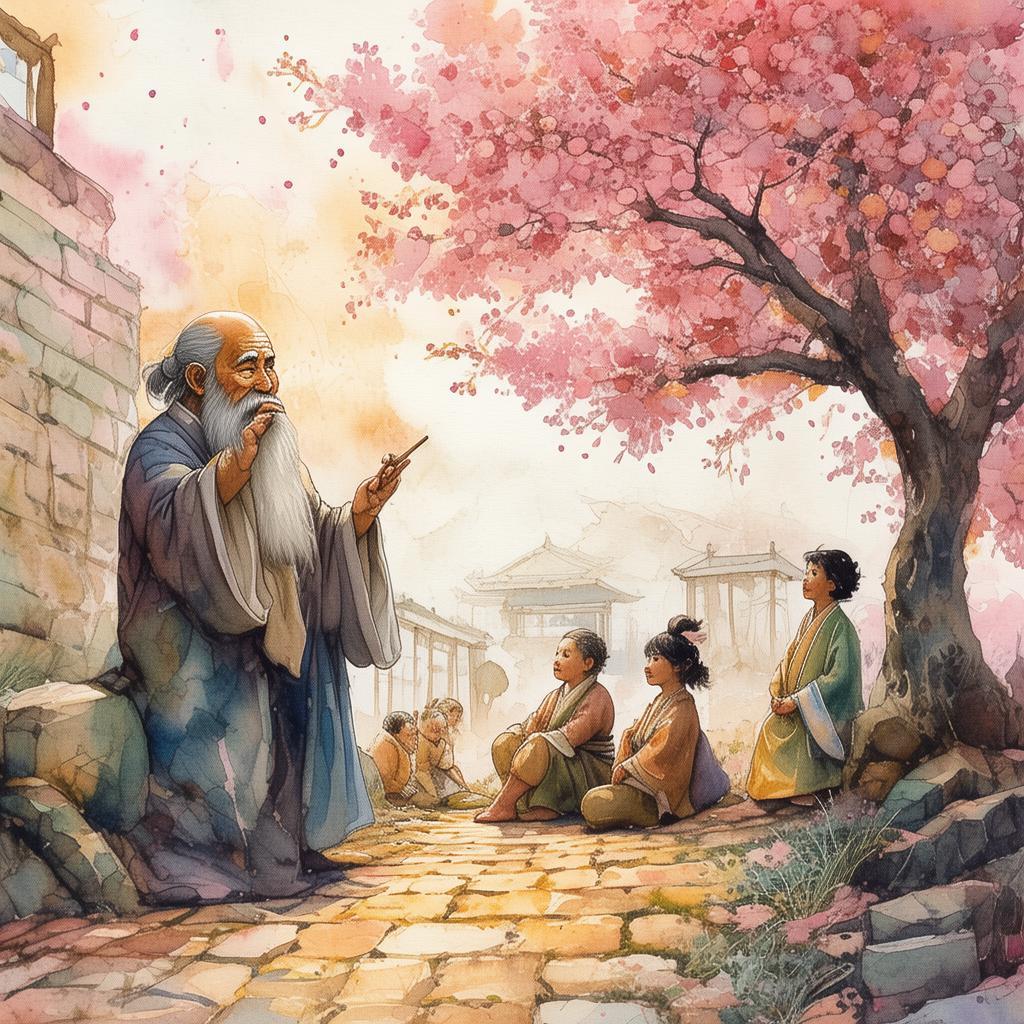
The other chefs were bewildered, their attempts falling short in comparison. Li Chun revealed the truth: the dish was not a vessel for a hidden recipe, but a catalyst for the chef's own culinary abilities. It was a talisman, imbuing the chef with confidence and creativity, allowing them to craft dishes that were nothing short of divine.
The emperor, understanding the betrayal of trust, was still not one to punish Li Chun. Instead, he commended him for his honesty and skill. The truth about the jade dish became a part of the dynasty's legend, a reminder of the importance of culinary art and the trust that must be earned in the highest circles.
The jade dish was returned to its place of honor in the imperial household, but its true value was not its worth in gold, but its role as a symbol of the chefs' dedication and the empire's rich culinary heritage. The tale of the Jade Dish Mystery would be retold for generations, a story of betrayal, culinary prowess, and the restoration of honor.
✨ Original Statement ✨
All articles published on this website (including but not limited to text, images, videos, and other content) are original or authorized for reposting and are protected by relevant laws. Without the explicit written permission of this website, no individual or organization may copy, modify, repost, or use the content for commercial purposes.
If you need to quote or cooperate, please contact this site for authorization. We reserve the right to pursue legal responsibility for any unauthorized use.
Hereby declared.

